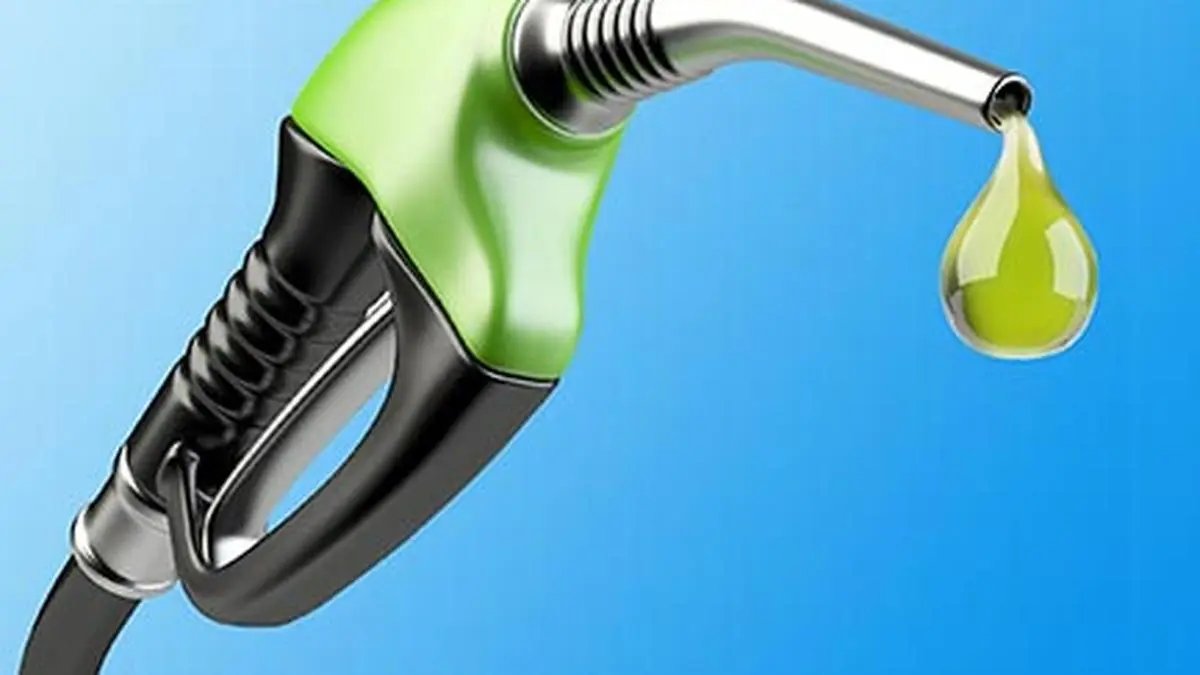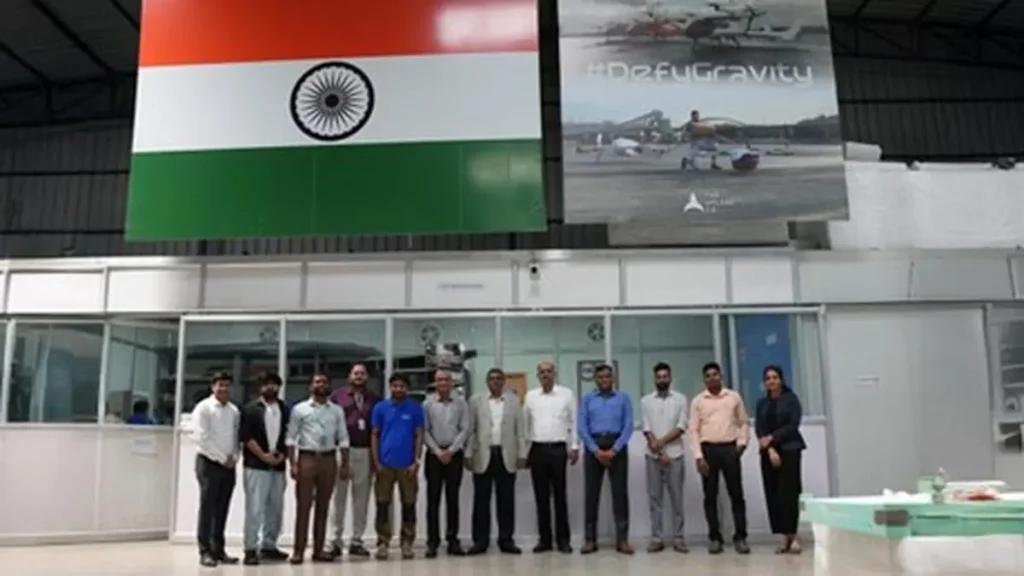ISMA, IFGE ask Centre to announce a ‘National Ethanol Mobility Roadmap’


The consortium also seeks GST rationalisation on flex-fuel vehicles (FFVs) and smart hybrid vehicles, along with consumer incentives similar to those offered under the FAME scheme for electric vehicles (EVs), to sustain the momentum of India’s ethanol revolution
| Photo Credit:
iStockphoto
The Indian Sugar and Bio-Energy Manufacturers’ Association (ISMA) and Indian Federation of Green Energy (IFGE) have issued a joint appeal to the Government to announce a “National Ethanol Mobility Roadmap”, outlining a clear trajectory for ethanol blending beyond E-20.
The consortium also seeks GST rationalisation on flex-fuel vehicles (FFVs) and smart hybrid vehicles, along with consumer incentives similar to those offered under the FAME scheme for electric vehicles (EVs), to sustain the momentum of India’s ethanol revolution.
A media statement said this strategic push comes in the wake of India’s success in achieving E-20 ethanol blending five years ahead of schedule. The accomplishment reflects strong government leadership and the coordinated efforts of the sugar, bioenergy, and automotive sectors. This cross-sector collaboration has placed India among the leading global examples of sustainable fuel transition.
Sugar industry fully prepared
It said that the sugar industry has invested around ₹40,000 crore to create an ethanol production capacity exceeding 900 crore litres per annum, making it well-equipped to support blending levels beyond E-20. These investments have boosted farmer incomes by ensuring steady demand for sugarcane, enabled quicker clearance of cane arrears, improved mill cash flows, generated lakhs of rural jobs, and promoted research in high-yield feedstocks for sustainable ethanol production, the statement said.
Quoting Deepak Ballani, Director General of ISMA, the statement said India’s sugar sector has risen to the challenge and delivered on its ethanol promise ahead of schedule. Industry believes that sustaining this ethanol revolution now depends on policy continuity. With the ethanol industry offering 1,776 crore litres against the oil marketing companies’ requirement of 1,050 crore litres, the sector is fully prepared to support ethanol blending at 27 per cent, demonstrating its readiness to meet higher national blending targets.
“Without a defined roadmap beyond E-20 blending, production capacities could remain underutilised, leading to idle investments, reduced mill revenues, and a slowdown in future biofuel innovation. A phased, time-bound roadmap is therefore critical to provide clarity on blending milestones, vehicle adaptation standards, and ethanol diversification into advanced biofuels such as 2G/3G ethanol, sustainable aviation fuel (SAF), and green chemicals,” Ballani said.
GST a major disincentive
Pramod Chaudhari, President of IFGE, said India’s ethanol success reflects the strength of industry-government collaboration. To sustain this progress, it is vital to declare a National Ethanol Mobility Roadmap 2030 with clear targets beyond E-20.
“We must integrate vehicle adaptation norms, promote advanced biofuels, and diversify into other green chemical pathways. This will secure ongoing investments, encourage research and development in next-generation technologies, and position India as a leader in sustainable bio-energy,” Chaudhari said.
The statement said the current GST rate of 43 per cent levied on FFVs and smart hybrids remains a major disincentive compared to EVs, which enjoy a much lower GST rate of 5 per cent. With the right policy direction and support for FFVs, India can reduce its annual oil import bill by ₹50,000-75,000 crore, enhance energy independence under the Aatmanirbhar Bharat vision, and stay firmly on course to meet its Net Zero 2070 commitment, it said.
Published on October 14, 2025



